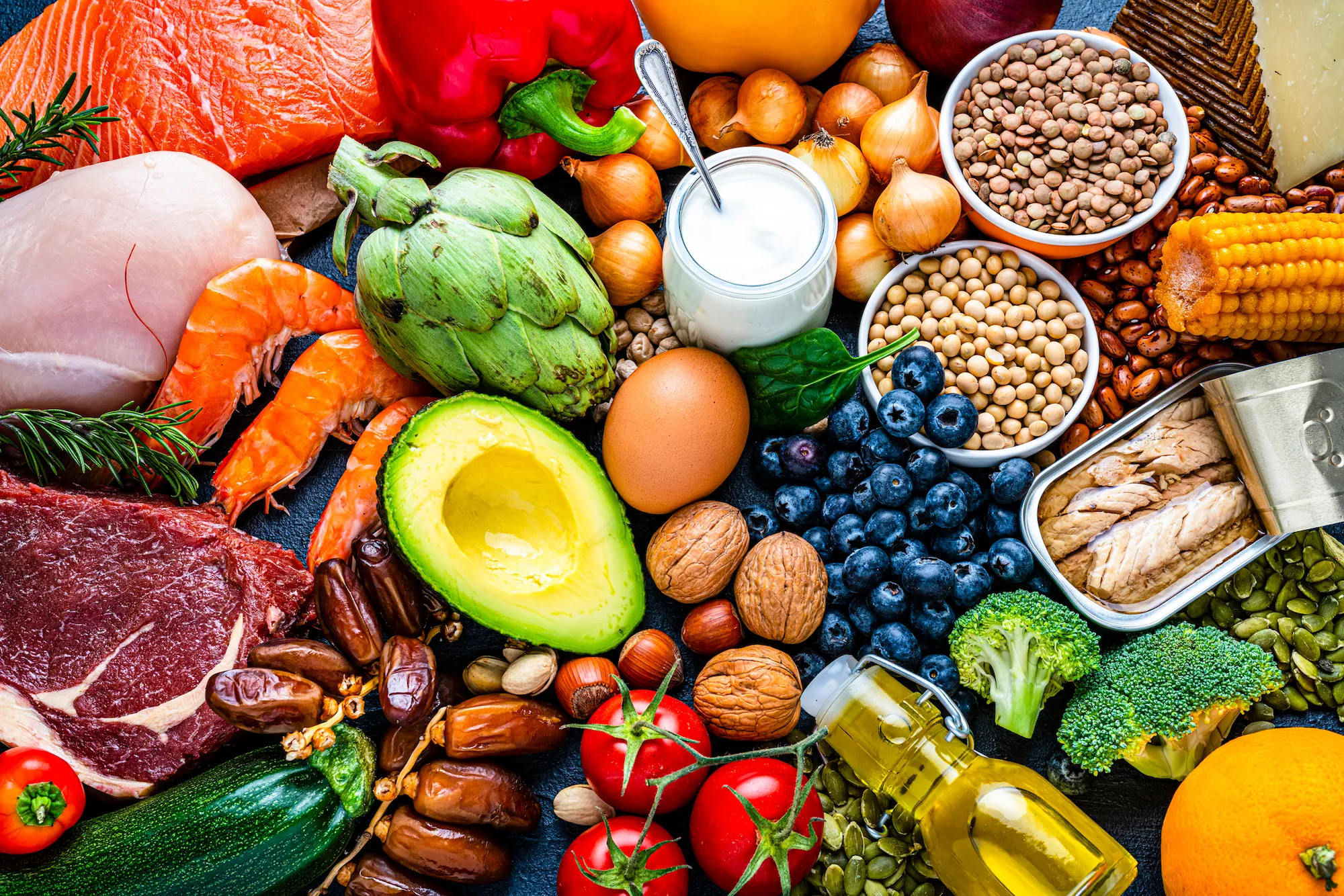Hydration is vital for maintaining overall health and well-being. Water plays numerous important roles in the body, such as regulating body temperature, lubricating joints, transporting nutrients, aiding digestion, and supporting organ function. Here are some reasons why hydration is important and tips for drinking more water:
- Promotes optimal physical performance: Staying hydrated is essential for exercise and physical performance. Dehydration can lead to decreased endurance, reduced strength, and impaired cognitive function. Drink water before, during, and after physical activity to maintain hydration levels.
- Supports digestion and nutrient absorption: Water is necessary for proper digestion and helps prevent constipation. It aids in breaking down food, allowing nutrients to be absorbed more effectively.
- Aids in weight management: Drinking water can help reduce calorie intake by promoting satiety. Sometimes, we may mistake thirst for hunger, leading to unnecessary snacking. Drinking water can help satisfy these cravings and prevent overeating.
- Helps maintain healthy skin: Proper hydration keeps the skin plump, elastic, and moisturized. It helps maintain a healthy complexion, reduce dryness, and promote a more youthful appearance.
- Boosts energy levels: Dehydration can lead to fatigue, low energy levels, and difficulty concentrating. Staying hydrated helps maintain optimal cognitive function and promotes alertness throughout the day.
Tips for drinking more water:
– Carry a reusable water bottle with you at all times for easy access.
– Set reminders on your phone or use mobile apps to track and prompt you to drink water.
– Infuse water with slices of fruits, such as lemon, cucumber, or berries, for added flavor.
– Start your day with a glass of water and make it a habit to drink water before meals.
– Drink water with each snack or meal to increase overall water intake.
– Keep a water bottle on your desk, in your car, or anywhere you spend a significant amount of time.
– Drink water instead of sugary beverages to reduce calorie intake.
– Opt for herbal teas or flavored water if you prefer a variety of options.
– Eat water-rich foods like watermelon, cucumbers, and spinach, which contribute to overall hydration.
– Listen to your body’s thirst cues and drink water when you feel thirsty.
Remember, water needs vary depending on factors such as activity level, climate, and individual health. Aim to drink enough water to keep your urine pale yellow or clear. Consulting with a healthcare professional or registered dietitian can provide personalized advice regarding your specific hydration needs.











